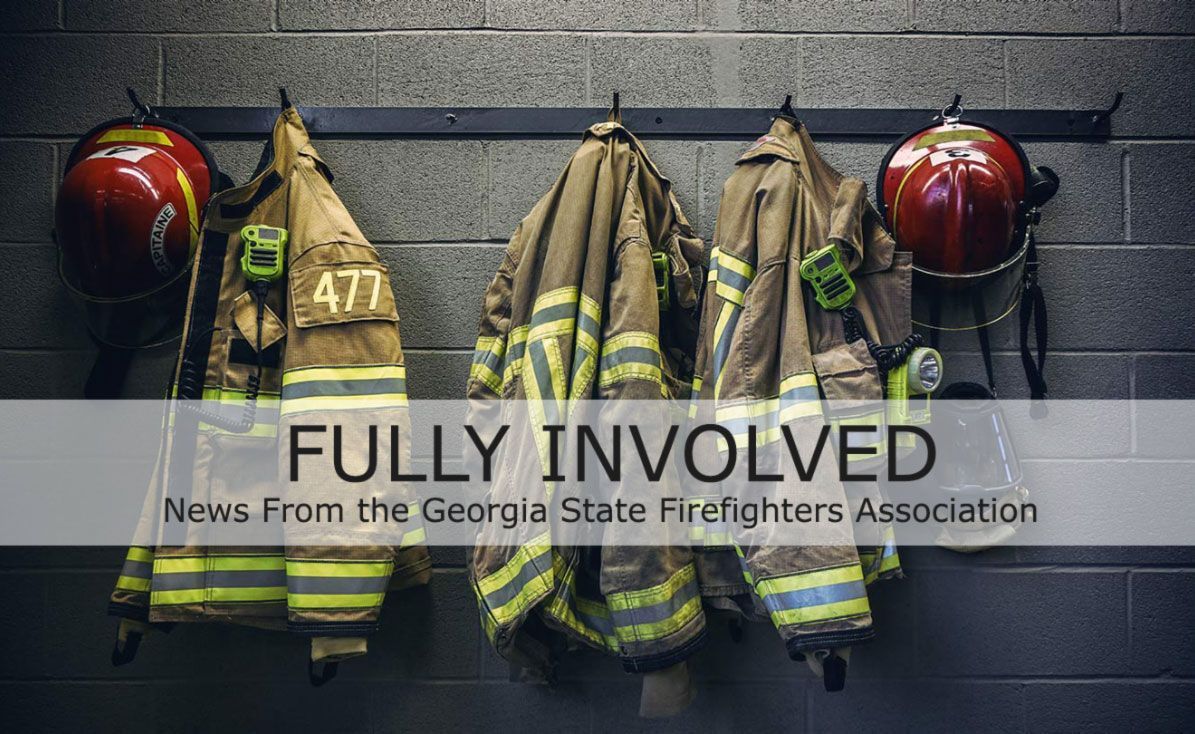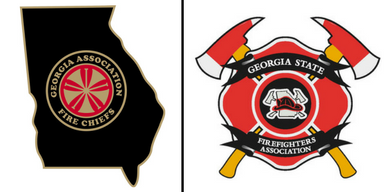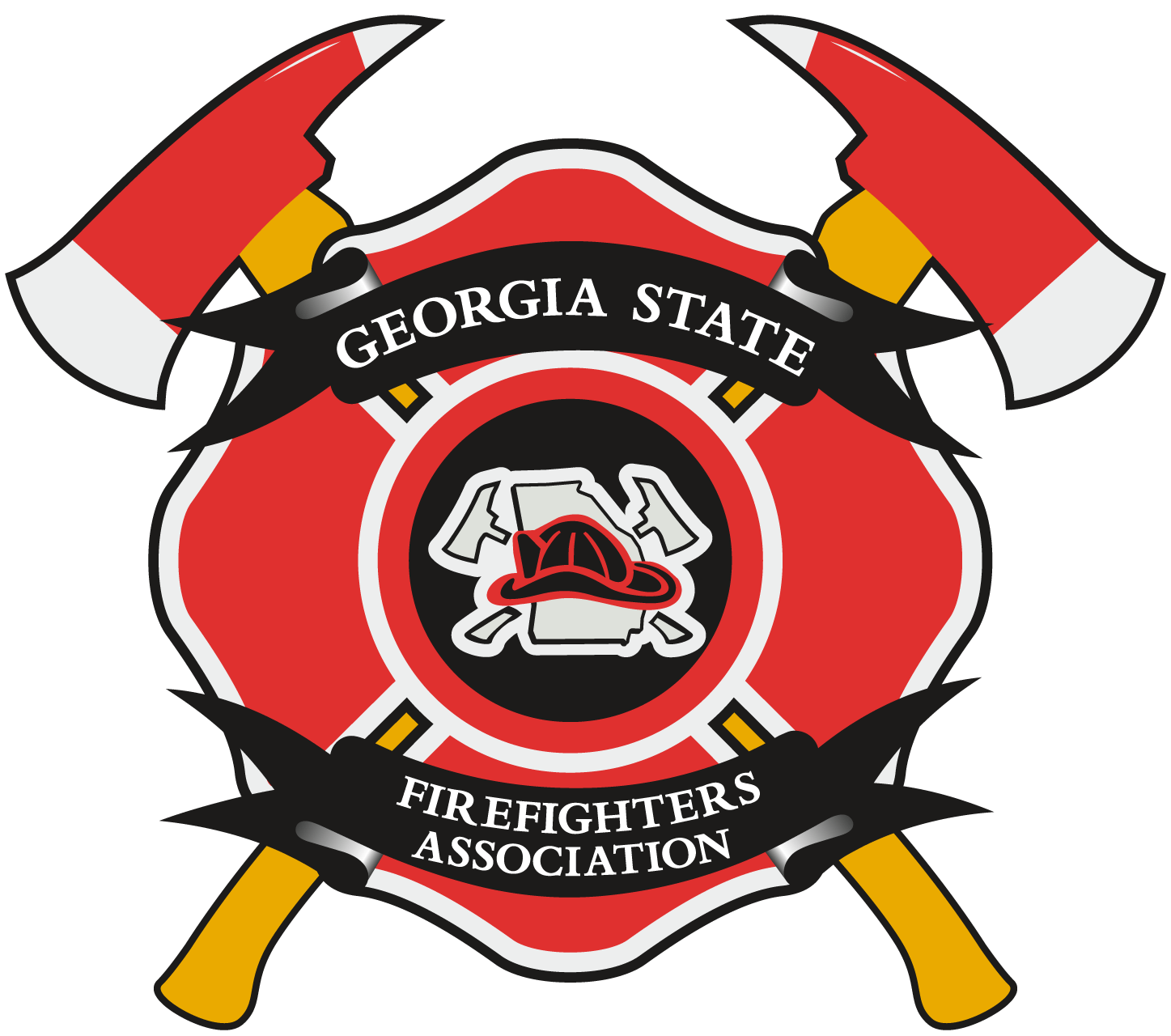Fully Involved: Course Announcement - Residential Sprinkler Plan Review

Fire Service Leaders,
The Georgia Fire Academy is hosting the following National Fire Academy Direct Delivery: Residential Sprinkler Plan Review on June 17-18, 2024, at the GPSTC main campus in Forsyth.
This fundamental-level course looks at the following as the primary guidance for the approval of residential sprinkler systems: National Fire Protection Association (NFPA) 13, Standard for the Installation of Sprinkler Systems. NFPA 13D, Standard for the Installation of Sprinkler Systems in One- and Two-Family Dwellings and Manufactured Homes. NFPA 13R, Standard for the Installation of Sprinkler Systems in Low-Rise Residential Occupancies. International Residential Code Standard P2904. Manufacturer's Data Sheets. The ability to read and interpret the design is an essential element of preventive fire safety.
Topics include:
- NFPA 13
- NFPA 13D
- NFPA 13R
- P2904
This course is appropriate for building and fire code officials whose responsibility is to review and approve residential sprinkler plans. Such officials include fire inspectors, fire marshals and building code inspectors with at least 1 year of experience on the job. The audience should understand the history of water-based fire protection systems and methods used to verify hydraulic calculation.
Use the following link to register: Residential Sprinkler Plan Review
Ike McConnell
Division Director, Georgia Fire Academy
Georgia Public Safety Training Center

ASSESSMENT LAUNCHING MAY 1: HOW READY IS YOUR FIRE/EMS DEPARTMENT FOR PEDIATRIC CARE?
The majority of fire, EMS, and rescue departments provide emergency care for children, but pediatric calls are rare. In fact, most departments see fewer than eight pediatric patients per month. Many EMS providers don’t feel comfortable or confident when caring for children. But being “pediatric ready” – trained, equipped, and prepared for children in accordance with national recommendations – can help reduce anxiety, increase confidence, and potentially improve outcomes on pediatric calls.
The National Prehospital Pediatric Readiness Project offers free tools and resources to help fire, EMS, and rescue agencies become pediatric ready, including a national online assessment opportunity launching Wednesday, May 1. The assessment includes seven categories of questions designed to provide departments with a picture of their current pediatric readiness and identify areas for improvement. After completing the assessment, which takes approximately 30 minutes, all respondents will receive a detailed report describing any gaps and benchmarking information. Departments will have until July 31 to complete the assessment.
To learn more about the assessment:
- Access a checklist and toolkit to help you prepare.
- Contact the project’s leadership team at pprp@emscimprovement.center or connect with your state’s EMSC Program Manager to see what local resources may be available to support you, including workshops, trainings, and other assistance.
About the Prehospital Pediatric Readiness Project
The National Prehospital Pediatric Readiness Project is a federally funded initiative of the Emergency Medical Services for Children Program in collaboration with 15+ national organizations. It empowers EMS and fire-rescue agencies that respond to public 911 calls to improve their “pediatric readiness” or capability to care for acutely ill and injured children. The PPRP provides EMS and fire-rescue agencies with free and open-access tools and resources for improvement. Learn more at https:/bit.ly/prehospitalpedsready.


